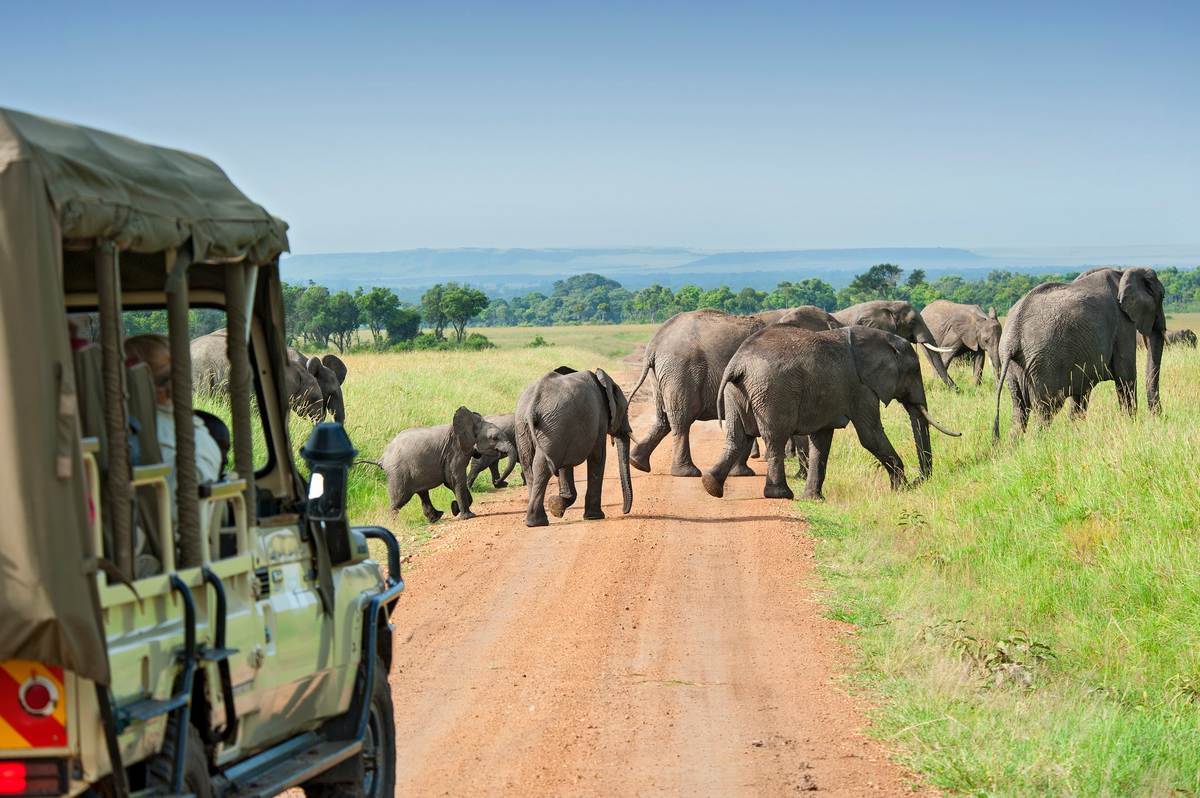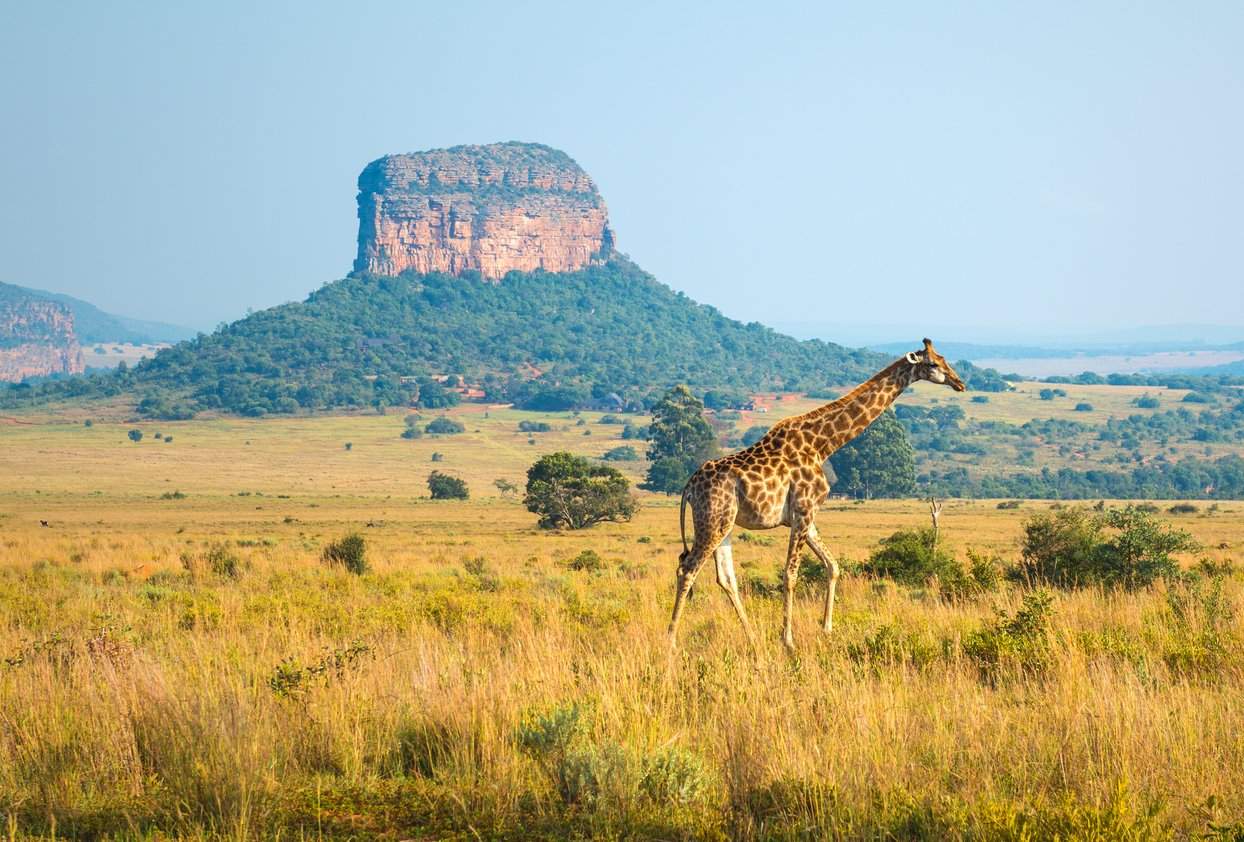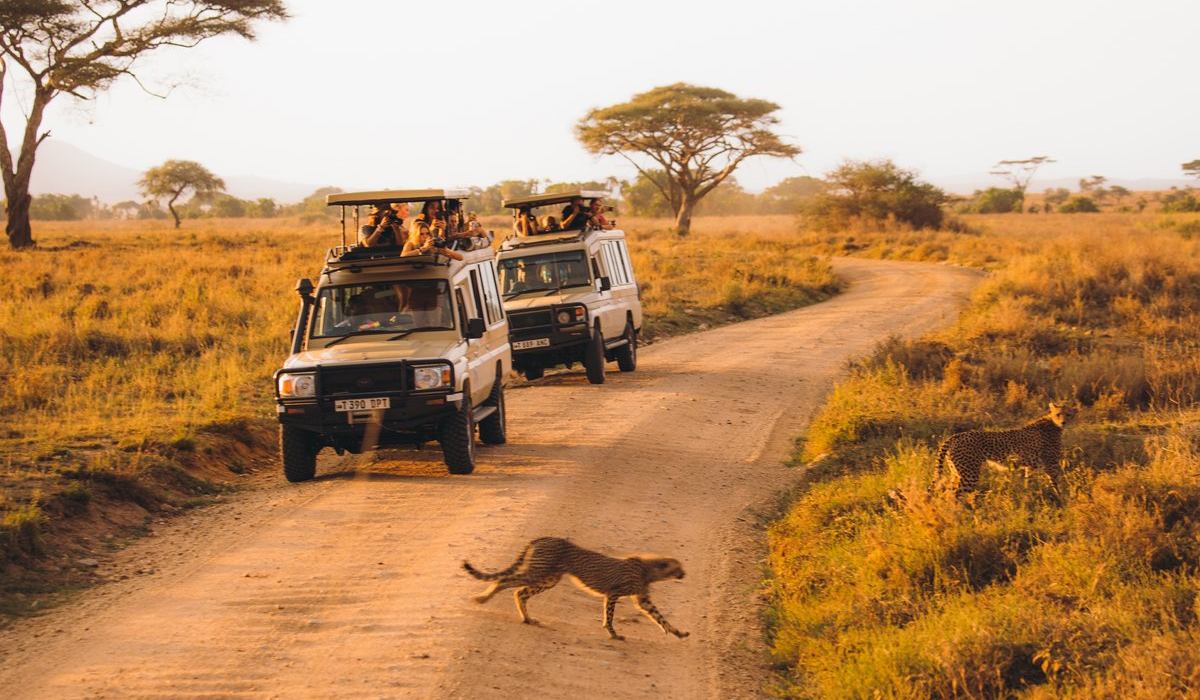Deadly incidents on safari are becoming more frequent across Africa. In the past 18 months alone, several tragic attacks have been reported involving elephants, hippos, and other wild animals.
In July 2025, a tourist from New Zealand and her companion were killed by an elephant during a morning walk in Zambia. In July 2024, a Spanish visitor died after being attacked by a herd of elephants in South Africa. Two months earlier, a 70-year-old British woman was fatally injured by a hippo during a riverside walk with her husband, also in Zambia.
Earlier this year, shocking footage emerged from the Okavango Delta, showing an elephant flipping a canoe and charging at a woman, highlighting the growing risks even for trained safari guides.

Why Are Fatal Attacks Increasing?
According to the UN World Tourism Organization, Africa welcomed 74 million international visitors in 2024, a 12% increase from the previous year. This tourism boom has led to overcrowded reserves and a surge in unregulated safari operators, often lacking proper safety protocols.
Andrea Platania, founder of Wild Wings Safaris, notes that “rapid growth in low-cost, unlicensed tours increases the likelihood of accidents.”
Meanwhile, Avanti Travel Insurance expert Sara Rodriguez warns that luxury safari lodges can create a false sense of security, while social media drives risky behavior among tourists eager for close-up animal photos or viral videos.

Staying Safe on Safari
Experts stress that listening carefully to professional guides and keeping a safe distance from wildlife are the most effective safety measures.
Climate change and habitat loss are pushing animals closer to human areas, heightening the risk of encounters. Most incidents occur in smaller, semi-captive reserves, where animals are more accustomed to people and behave less predictably.
Travel professionals recommend booking only with licensed operators, avoiding low-budget safaris, and remembering that a great photo is never worth your life.

